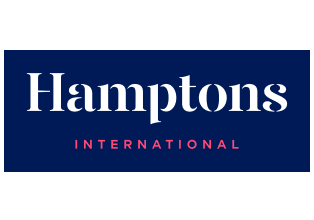HOMEOWNERS' INSURANCE
Category News Articles
A very important and often overlooked aspect of safeguarding your assets is homeowners' insurance (HOC) and why it is critically important will be shown later in this article.
During COVID, many people took payment holidays, and looked at policies that they could perhaps cut back on.
People look at things like medical aids, disability cover etc. as a luxury and non-necessity, so when they are experiencing financial difficulties, they often cut back on insurance.
They often think, "lets pause it" for the time being and when things improve we will reinstate it. Then they never do or forget about it.
Homeowners' insurance (also known as building insurance) is critically important. Never cancel or pause it.
It is a policy which specifically covers the building structure of a home against accidental loss or damage caused by fire, theft, or natural disasters like floods.
Recently, in the early hours of the morning, there was a fire at one of the properties that we manage.
Thankfully no one was hurt but dealing with the after-effects is a traumatic experience. You do not want to add non-insurance to that.
So always ensure that you have homeowners' insurance covering your home (the structure).
If you have a bond, the bank who granted you the bond will insist that you have insurance. When a property is paid up or bought for cash, there is a loophole that "no one is requiring you to have insurance", so the onus is on the owner to make sure that the HOC is in place.
Also make sure your HOC places the correct value on your home, i.e., include any improvements that you have made. correct, and applies to any improvements you have made and places the correct value on your home.
An under-insured building cover can be an expensive insurance oversight.
You should check this annually and contact your financial advisor in this regard.
Aside from destruction due to fires or floods, HOC can cover the following extended benefits (this is policy / insurer dependent):
- Alternative accommodation
- Loss of water
- Power surge damage
- Fire brigade charges incurred in their work to prevent or reduce damage to the property
- Professional fees and demolition costs
- Rental costs for alternative accommodation should your house be damaged and uninhabitable
It is extremely important to check the T's and C's of your policy annually.
The contents of your house (e.g., furniture, appliances etc.) are covered by Household or Content Insurance
Occupants (an owner who lives in their own property, or tenants who rent a property), should insure their OWN furniture and contents.
We noted on Santam's website that they quoted that one out of every three South African homes is underinsured by at least 30%.
In light of this, our suggestion is: don't be in that third that is typically underinsured. The costs of being underinsured can far outweigh the costs of the insurance premiums.
Tenants often ignore this insurance (at their peril) until items are stolen or damaged and they then struggle to afford to replace the items.
So, the takeout here is that both homeowners' insurance and household content insurance are a must.
Review the policies annually, speak to your financial advisors and ensure you are fully and adequately covered.
Author: Seeff Somerset West




